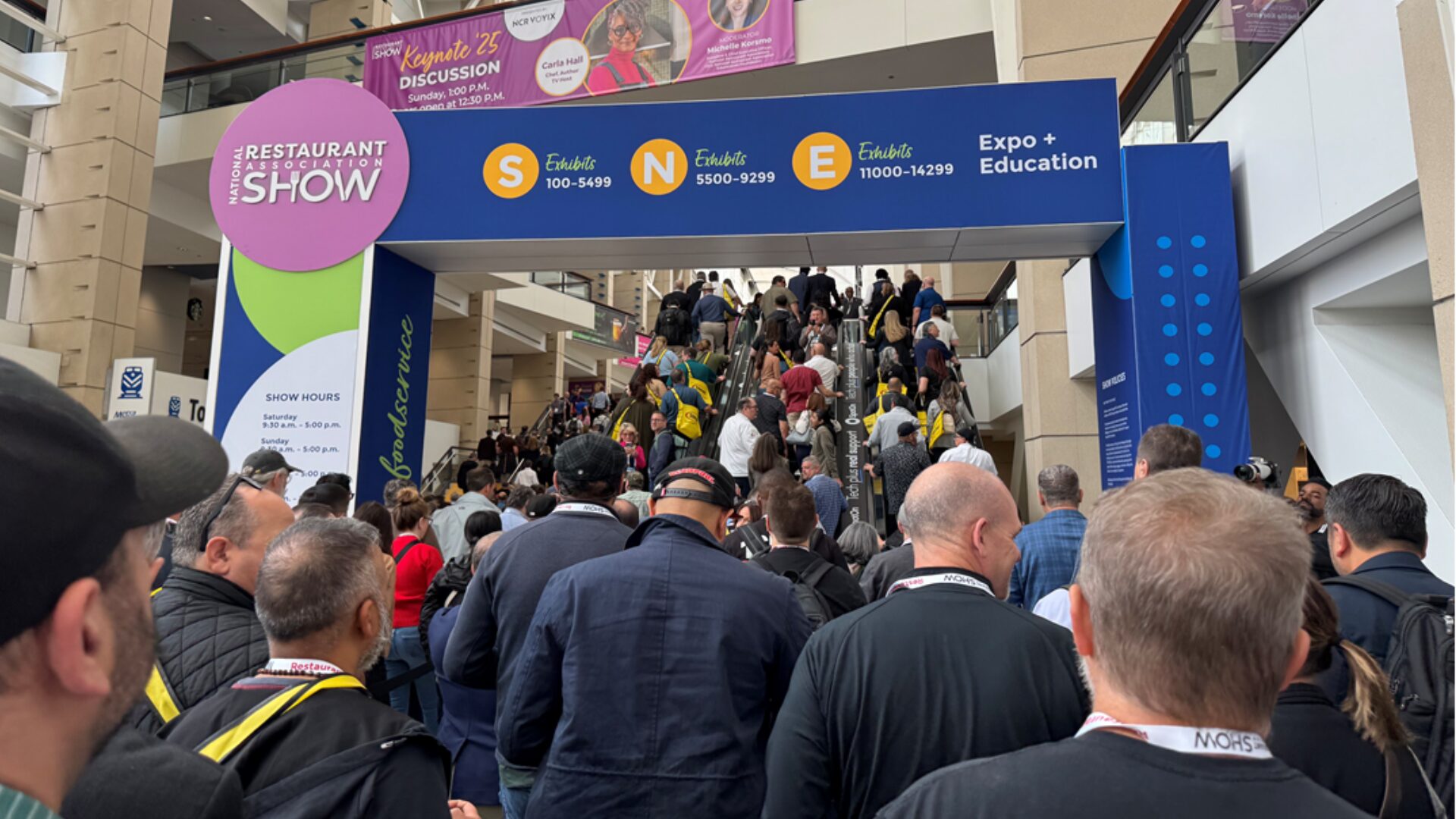Industry heavyweights are taking ownership of the startups they invested in.
Nestle has gone from stakeholder to full ownership of Freshly, a company that delivers fresh, chef-cooked meals to customers on a weekly basis. The acquisition values the startup at $950 million and Nestle believes Freshly is well-positioned for further growth.
In 2017, Nestle took a minority stake of about 16% in Freshly, noting that the investment offered reciprocal benefits. At the time, Freshly was supplying customers in 28 states, and that Series C investment round helped fund an East Coast kitchen and distribution center that would help the company expand its service further across the nation. Freshly is now shipping over 1 million meals per week to 48 states, reported Bloomberg (Oct. 30).
For Nestle, that investment in 2017 marked its entry into the online prepared meals market, and the company used that connection to evaluate and test what it describes as a “burgeoning market.” At that time, Nestle cited visibility into Freshly’s advanced analytics and its highly effective distribution network as benefits of the deal. And Nestle is apparently impressed thus far because the company still views those elements as having the potential to fuel growth opportunities across the Freshly and Nestle portfolios.
The consumer appeal of Freshly compared to food kit companies is you get the benefit of fresh, healthy meals but you don’t have to spend a lot of time cooking them yourself, said TechCrunch (Oct. 30). And that proposition has become more attractive during the pandemic. But although Nestle realizes the pandemic has accelerated food e-commerce and eating at home, it expects these to be long-term trends.
“At Nestle we know the at-home food market and we know how to win there,” said Laurent Freixe, CEO Zone Americas. Therefore, Nestle believes that pairing that understanding as well as its research and development capabilities with Freshly’s analytics and distribution will make a winning recipe for the U.S. market.
Freshly also believes access to Nestle’s resources, research and development, and years of experience will catapult its growth plans and move the company closer to its goal of being in every household in America.
Freshly said it will continue to operate independently and said pricing and subscriptions will remain the same. But now that the acquisition is complete, the company plans to triple the number of menu items it offers each week, TechCrunch, reported.
Freshly’s forecasted sales for 2020 are expected to reach $430 million. And if the company sees successful growth, as Nestle expects, it could receive earnouts of up to $550 million, which would value this acquisition at $1.5 billion.
Meanwhile, Ingredion signed an agreement to acquire the remaining stake in Verdient Foods, hoping to boost its position in another area that’s seeing growth in consumer demand—plant-based foods.
In 2018, Ingredion entered into a joint venture to form the plant-based protein manufacturer in Vanscoy, Canada. Last year, Ingredion made further investments in the business, and now it’s pursuing full ownership by buying the stake owned by film director James Cameron and his wife Suzy Cameron reported Food Business News (Nov. 2).
Acquiring 100% ownership in Verdient Foods enables Ingredion to accelerate net sales growth, further expand our manufacturing capability, and co-create with our customers to serve the increasing consumer demand for plant-based foods,” said James Zallie, president and CEO of Ingredion.
Over the past two years, Ingredion has invested more than $200 million to build a leadership position in plant-based proteins, which the company views as central to its growth strategy.
This deal with Verdient is expected to close this month, and once it’s complete and construction is finished on an adjacent facility, Ingredion will be operating two facilities in the heart of Canada’s pulse-crop production area that can produce a wide range of high-quality, sustainable, specialty pulse-based concentrates and flours from peas, lentils and faba beans.












